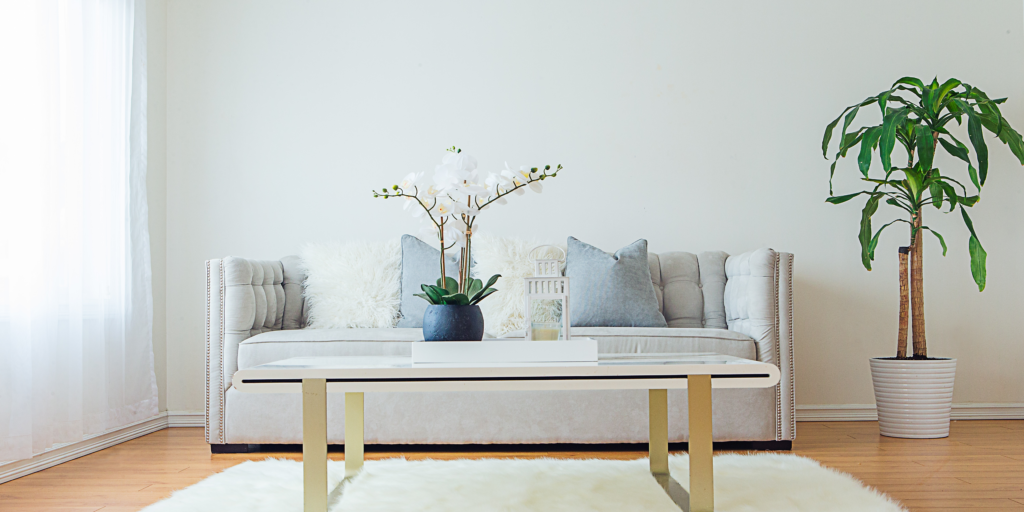Is Buy to Let Still a Good Investment?
We’re regularly asked by both existing investors and individuals considering becoming landlords whether ‘now’ is a good time to invest in buy to let. And with numerous reports over the last year that many landlords are taking their investments and selling up, it’s understandably become a more common question.
So, where are we with buy to let? What’s currently happening in the rental market?
Historical data shows that the vast majority of properties have increased well in value over time, so it’s generally true that if you hold a buy to let investment for at least 10-15 years, you should see good capital growth. The past year or so has been particularly good on that front, with average house prices up by around 10% in the UK as a whole – and by much more in some areas.

But being a landlord is about more than capital growth. For many successful investors, it’s about a rental property generating enough monthly income to cover its ongoing costs – including maintenance, mortgage payments, letting agent fees and tax – with some extra profit on top.
Essentially, rental income is at the heart of buy to let, and the good news is that tenant demand has continued to be strong over the past couple of years. Zoopla’s report for Q3 2021 showed rents (excluding London) had gone up by an average of 6% over the previous 12 months, with Rightmove’s data for the same period showing an even bigger annual rise of 8.6% – the fastest rate of increase they’d ever recorded!
According to Zoopla’s research, demand from tenants remains higher than the supply of properties to let, which is currently around 43% below the five-year average. Certainly, we’ve found that high-quality rental properties have been letting quickly at the asking rent, and we’re not expecting to see much change in that level of demand over the coming year.

What about reports that some landlords are leaving the market?
Yes, we’ve found that a number of landlords are cashing in their investments, but many are doing so because they’ve had their buy to lets since the 1990s and it was always their plan to sell at a certain point. And although some landlords have been put off by the amount of legislation around letting property and the increased tax burden on property investors and subsequently decided to exit the market, others are continuing to expand their portfolios.
At the same time as some individual private landlords are selling up, we’re seeing an increase in the amount of institutional investment – large companies and investment funds putting their money into buy to let, in particular the growing ‘build to rent’ sector. It’s been reported that Lloyds Bank intends to purchase 50,000 properties by 2030 and John Lewis is partnering with developers to build around 10,000 rental units.
With major financial players clearly expecting the demand for good quality rented homes to grow, that’s a very good indication that buy to let will continue to be a solid investment for years to come.
Are there any particular challenges to look out for this year?
One thing that all landlords need to be particularly mindful of at the moment is affordability for tenants. We’ve heard a great deal about how the cost of living is increasing, with warnings about huge rises in the price of fuel for heating homes. And if tenants have to spend more of their income on food and fuel, that may cut into what they can afford to spend on their rent.
So, while we’re not anticipating any falls in average rents, it’s worth budgeting for the possibility that you might not be able to increase your tenant’s rent in line with either inflation or your own increased costs – therefore you may see lower monthly profits.
Together, the rise in the build to rent sector and the squeeze on affordability for some tenants mean that the best returns for traditional buy to let landlords are still likely to come from capital growth over the longer term.

Have clear investment priorities
While it is still possible to make money from buy to let in the short term in the form of monthly profit, it’s important to have the right strategy in place from the outset. That means deciding what level of profit you want and when you want to realise it – then matching the property, location and type of let to your investment goals.
If generating a monthly income from buy to let is an investment priority for you, it may be worth considering a House in Multiple Occupation (HMO). With this type of rental, several unrelated people live in a property together and share various communal facilities – such as a kitchen, bathroom and living room. Because tenants have the exclusive use of one private room and then benefit from having access to the facilities of a larger home, landlords can charge a higher pro-rata rate per room than if the same property were let to one family.
On the other hand, while single lets might not generate such high monthly returns, they tend to be easier and less costly from a management perspective and may generate better capital growth profits.
Overall, it seems buy to let should continue to be a good financial investment for many years to come, with the most professional landlords seeing the best returns. In our experience, the most successful landlords:
- Understand that the best returns – certainly for single-let properties – are likely to come from longer-term capital growth
- Have clear investment goals and carry out careful research on what kind of rental property can help them meet those financial objectives
- Work with local letting and management agents, who can help ensure their properties are always legally let and professionally managed
- Stay informed about market trends and ensure they continue to provide the kind of high-quality accommodation that the best tenants are looking for.
To find out more about the rental market in your local area, simply get in touch with us at any time. We’ll be happy to talk through your investment plans and discuss both current and likely future supply and demand, to help you make an investment that’s right for you. Call us on 01506 630 434 or email enquiries@ewartpark.co.uk
